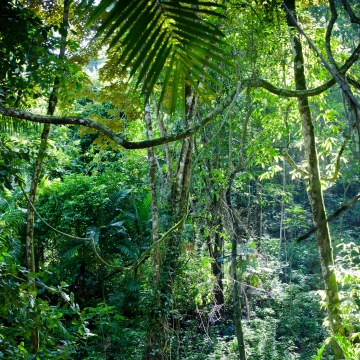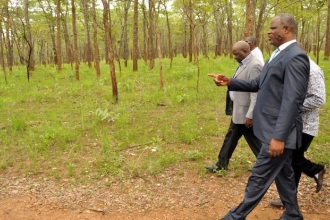The impact of pecuniary and non-pecuniary policy instruments on the adoption of renewable energy sources in rural Ethiopia
Using randomized field experiment method, this study will investigate the impact of pecuniary and non-pecuniary policy instruments on the uptake of solar panel for residential lighting in rural



